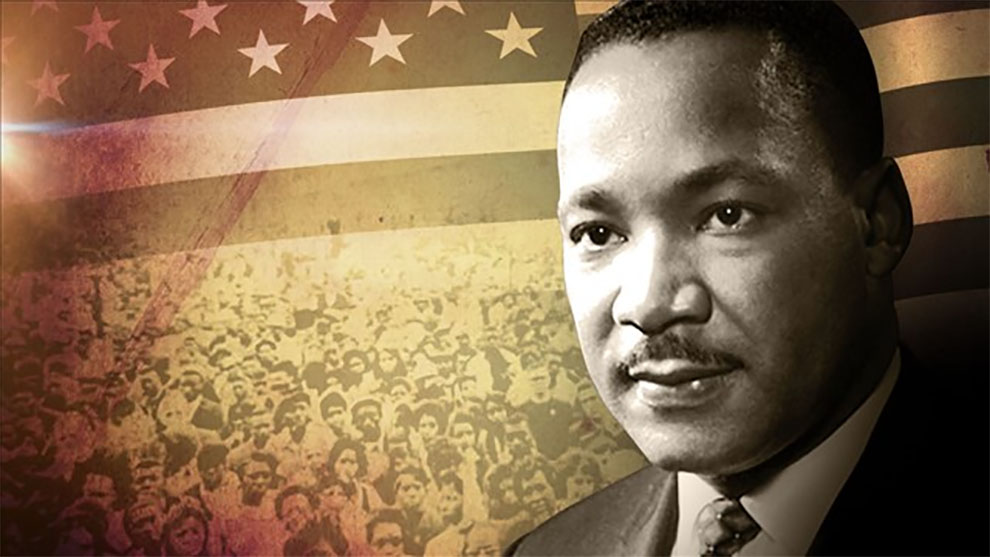In 1983, Congressman William D. Ford (D-MI), chairman of the House Post Office and Civil Service Committee, and Rep. Conyers gave their support to Representative Katie B. Hall (D-IN) for chairman of the subcommittee that had primary jurisdiction over the MLK Holiday Bill. That same year, CBC member and freshman Representative Hall introduced the Dr. King Holiday Bill that later became Public Law 98-399. The House of Representatives passed the bill on August 2, 1983 by a vote of 338-90.
Passage of the bill on the Senate side did not go smoothly. On October 3, 1983, Senator Jesse Helms (R-NC) unleashed a vicious attack on the character of Dr. King, labeling him a Communist. After Sen. Helms had copies of FBI reports on King delivered to all senators, Sen. Daniel Patrick Moynihan (D-NY) took to the floor of the Senate and stomped the documents, labeling them a “packet of filth.” On October 19, 1983, the bill passed the Senate by a vote of 78-22.
On November 3, 1983, President Reagan signed the bill into law. Coretta Scott King, Dr. King’s widow, and members of the CBC observed the signing at the White House.
During the movement to create the King Holiday, the CBC took the legislative role as envoys, sanctioned by the American public, to create this day honoring one of America’s greatest heroes of the 20th century. Together with other outstanding organizations, the CBC led the movement to success, providing an example of its ability to build a coalition to achieve its goal—in this case, the national holiday in memory of the Reverend Martin Luther King, Jr.
It was officially observed in all 50 states for the first time in 2000.




Leave a comment